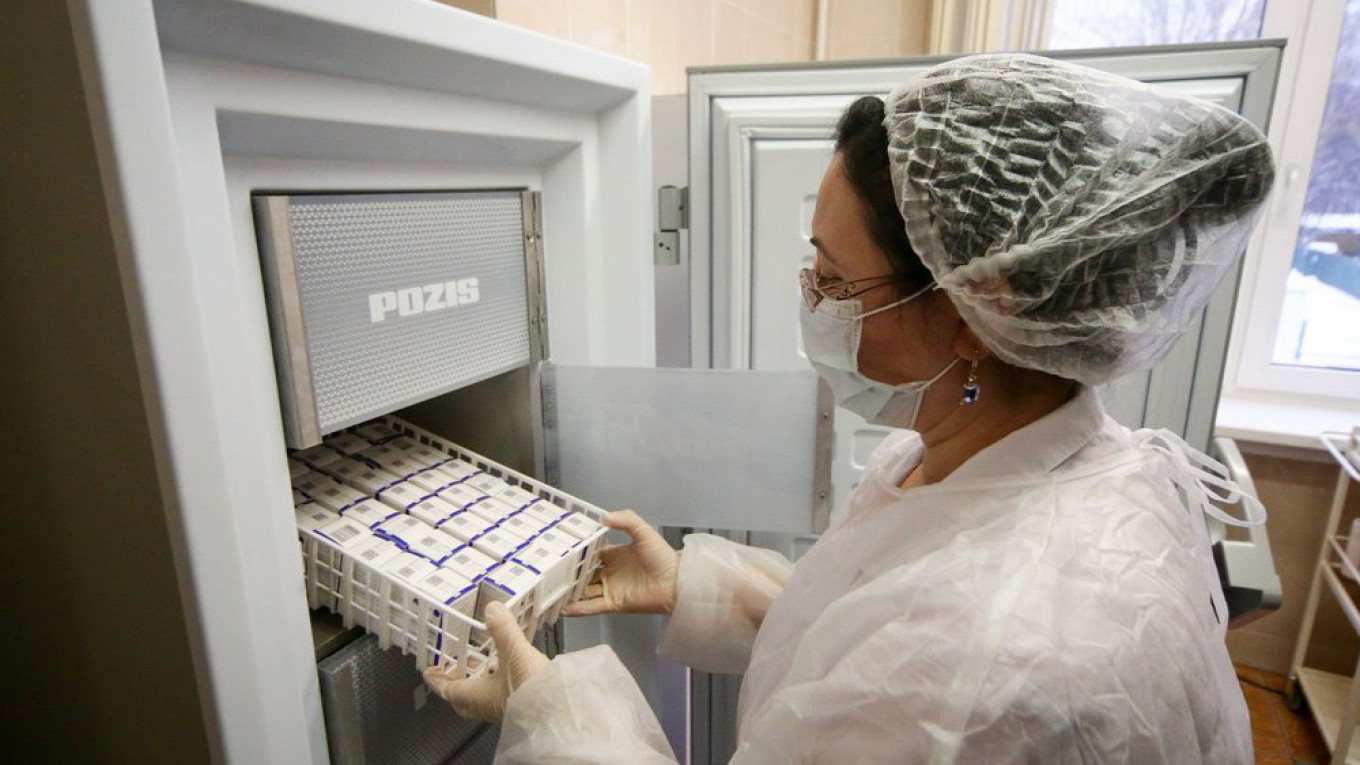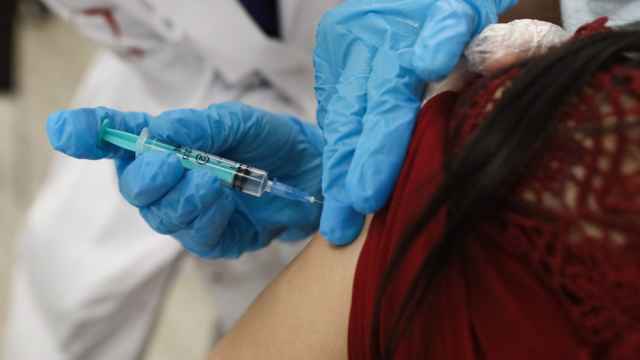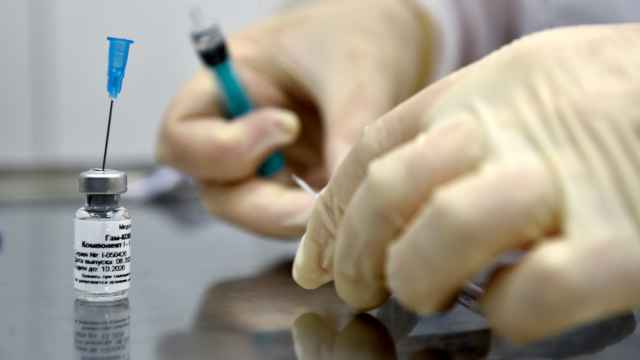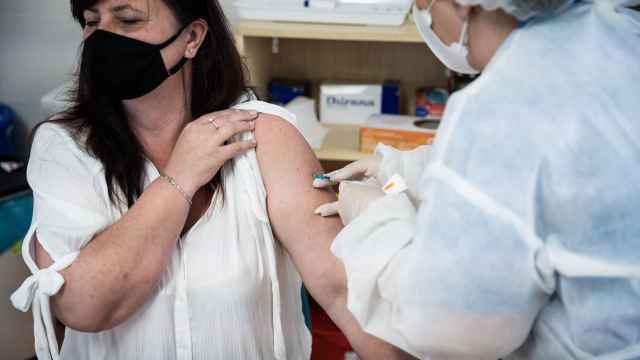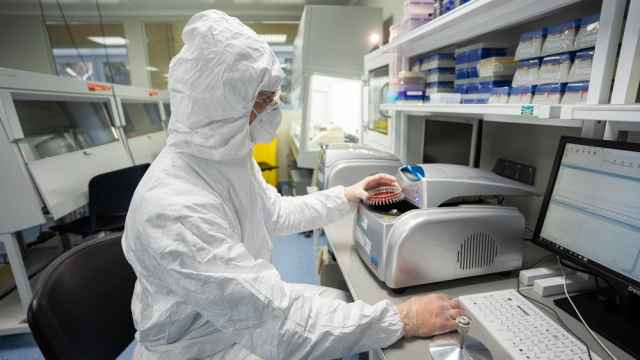The European Union’s top diplomat has said he hopes the Russian-developed coronavirus vaccine will be approved for use in the European bloc soon, AFP reported Friday.
Earlier this week, a peer-reviewed study published in The Lancet showed the Sputnik V vaccine to be 91.6% effective against symptomatic Covid-19, boosting international confidence in Russia’s jab after months of skepticism. EU approval of the jab would mark a major geopolitical win for Russia, which is facing new sanctions from the West over this week's jailing of poisoned Kremlin critic Alexei Navalny.
"It's good news for the whole of mankind because it means we will have more tools to fight the pandemic," Josep Borrell said during talks with his Russian counterpart Sergei Lavrov in the first visit by a senior EU envoy to Moscow since 2017.
Borrell said he hoped the European Medicines Agency would certify the vaccine for use in EU member states, adding that it could help the bloc overcome its "shortage of vaccines."
Lavrov also said that Washington and Moscow had agreed to "see if there is room for acting together" on vaccines and that several European countries were "interested in producing the vaccine on their territory."
Moscow applied for EU approval of Sputnik V in January. That month, Hungary became the first EU member to break ranks by approving Sputnik V and purchasing 2 million doses of the jab, blaming the slow EU rollout.
Russia registered Sputnik V in August, making it the first approved vaccine in the world, but international observers tied the approval to Moscow's geopolitical ambitions and questioned its safety and effectiveness as the two-dose shot was approved before the start of large-scale clinical trials.
More than 15 countries have approved Sputnik V so far and Russia launched large-scale vaccination at home in December. Its developers have promoted it as a lower-cost, easier-to-transport alternative to Western-developed counterparts like those developed by Pfizer/BioNTech and Moderna.
A Message from The Moscow Times:
Dear readers,
We are facing unprecedented challenges. Russia's Prosecutor General's Office has designated The Moscow Times as an "undesirable" organization, criminalizing our work and putting our staff at risk of prosecution. This follows our earlier unjust labeling as a "foreign agent."
These actions are direct attempts to silence independent journalism in Russia. The authorities claim our work "discredits the decisions of the Russian leadership." We see things differently: we strive to provide accurate, unbiased reporting on Russia.
We, the journalists of The Moscow Times, refuse to be silenced. But to continue our work, we need your help.
Your support, no matter how small, makes a world of difference. If you can, please support us monthly starting from just $2. It's quick to set up, and every contribution makes a significant impact.
By supporting The Moscow Times, you're defending open, independent journalism in the face of repression. Thank you for standing with us.
Remind me later.


